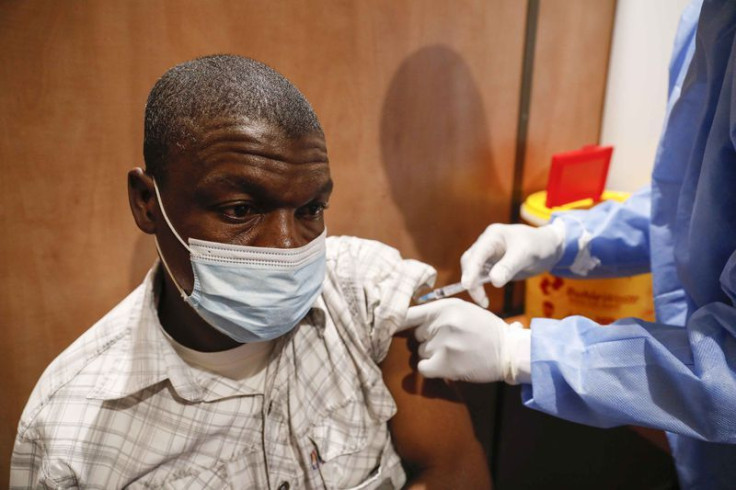The World Health Organization (WHO) and local officials have stated that the Haitian government is likely to conduct a cholera vaccination campaign this week after the Caribbean country received its first shipment of jabs, Al Jazeera reported.
In the midst of a recent upsurge in gang violence that resulted in fuel and energy shortages, especially at hospitals and other healthcare facilities in the capital, Port-au-Prince, Haiti has been struggling to contain an epidemic of the disease.
The first shipment of over 1.17 million cholera vaccines arrived in the nation on Monday, according to a statement from the Pan American Health Organization (PAHO), a regional WHO arm.
According to a statement, authorities would concentrate on early immunization campaigns for those over one residing in areas with the highest documented number of cholera cases to date. That includes the Port-au-Prince neighborhoods of Cite Soleil and Delmas, among other places.
Haiti has appealed for help to combat the outbreak of cholera, which began in early October.
Children make up approximately 40% of cases, according to UN authorities, and 90% of instances have happened in regions of the nation that also experience high rates of malnutrition and poverty.
Haitian children, according to Manuel Fontaine, director of UNICEF's office of emergency programs, face a "triple threat" of cholera, malnutrition, and violence.
Between Oct. 2 and Dec. 6, the Haitian Ministry of Public Health recorded 283 cholera deaths and 13,672 cases, a fatality rate of more than 2%, however, the exact number is thought to be higher because not all cases are reported.
However, rising gang violence and instability, which soared in the wake of former President Jovenel Moise's killing in Port-au-Prince last year, have made it more difficult for the authorities to combat the current outbreak.
Another 500,000 doses of the vaccine are expected to arrive in Haiti in the upcoming weeks, according to the PAHO.
The last cholera case in Haiti was reported more than three years ago, following a 2010 outbreak associated with UN peacekeepers that resulted in more than 820,000 infections and 10,000 fatalities.
Cholera is caused by a number of types of Vibrio cholerae, with some types producing more severe diseases than others. It is spread mostly by unsafe water and unsafe food that has been contaminated with human feces containing the bacteria.

© 2025 Latin Times. All rights reserved. Do not reproduce without permission.



